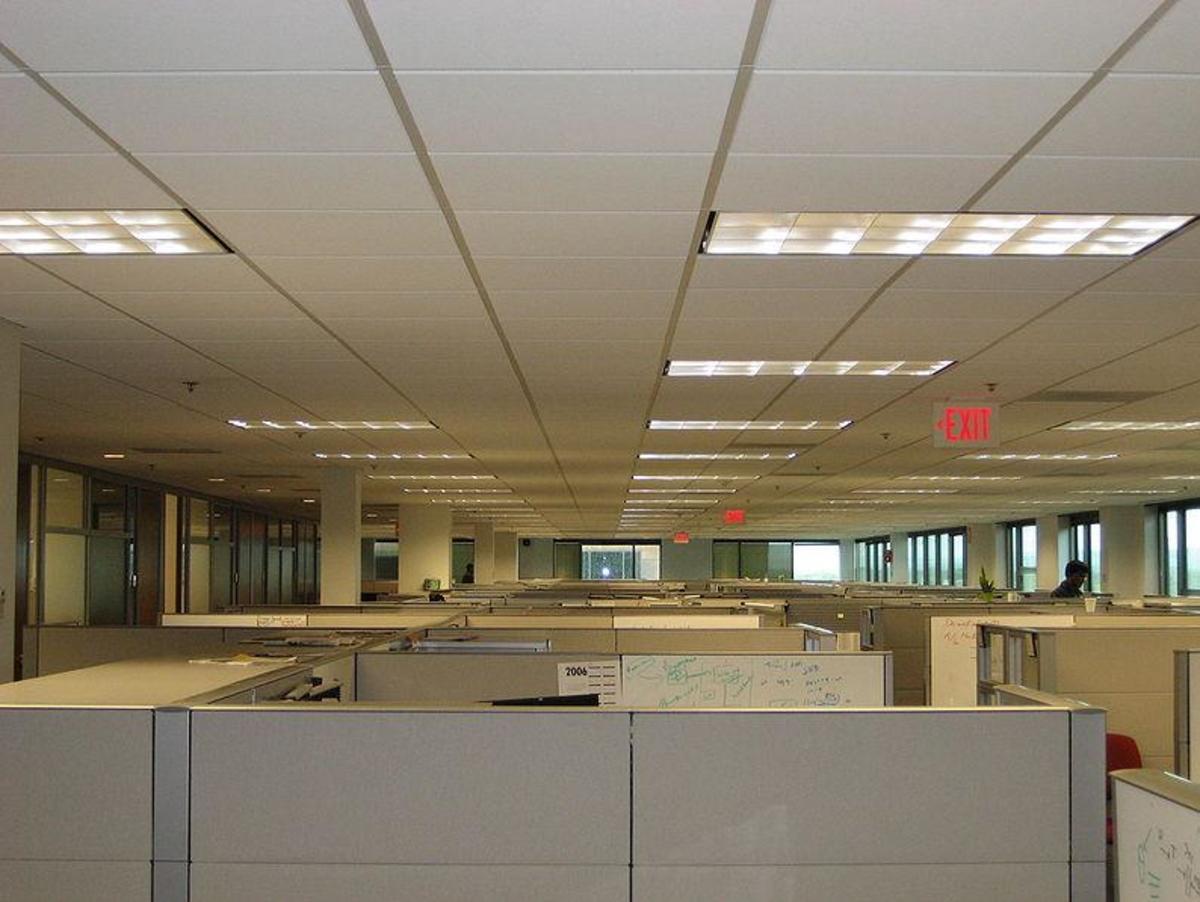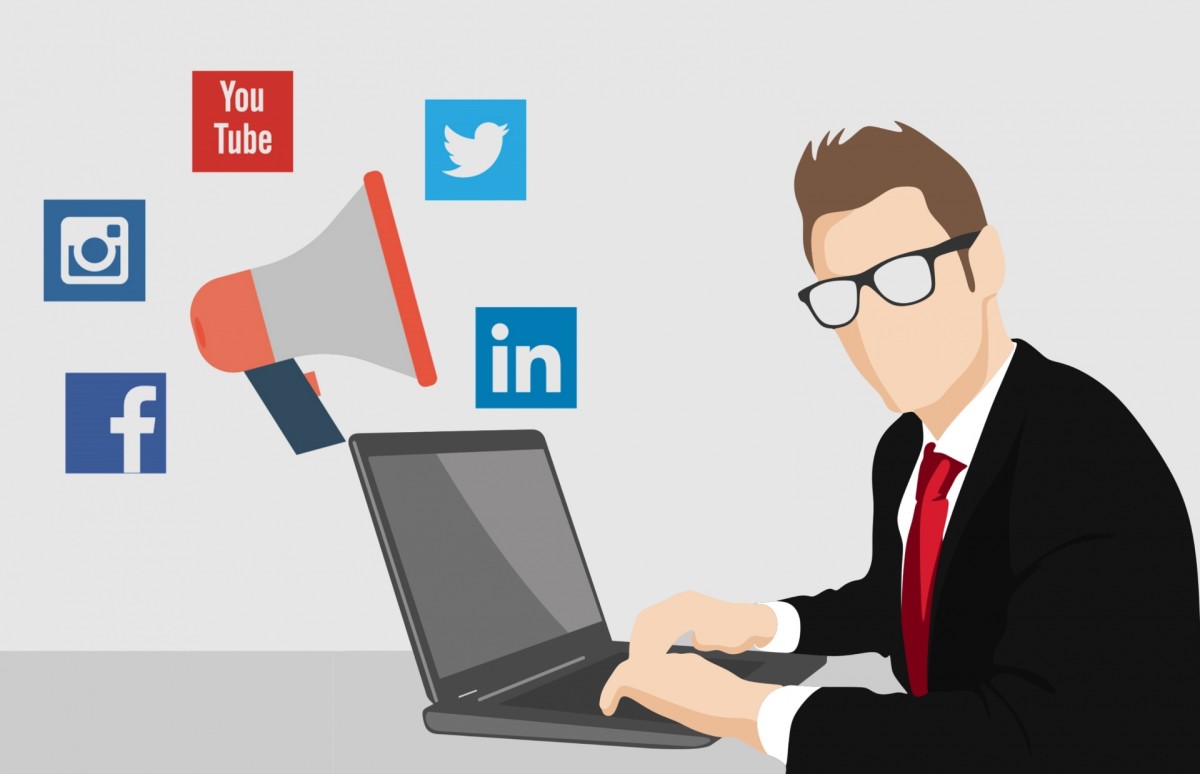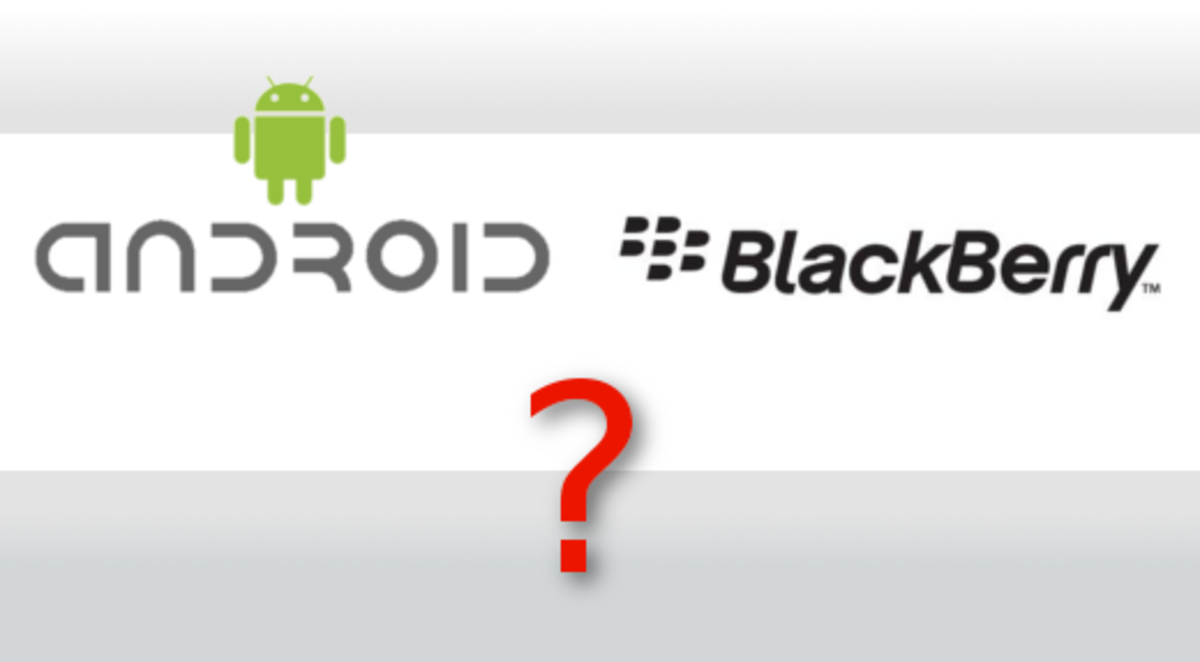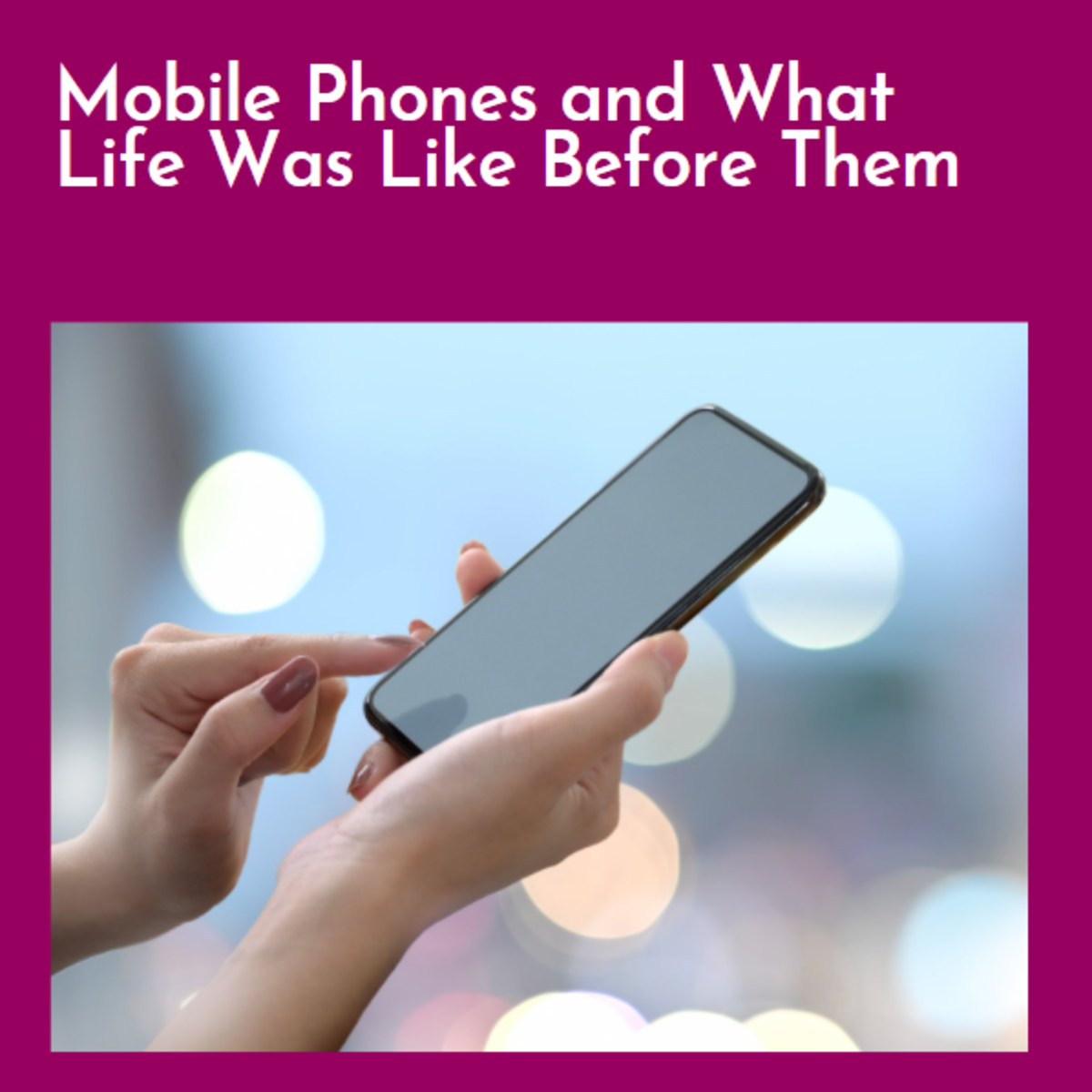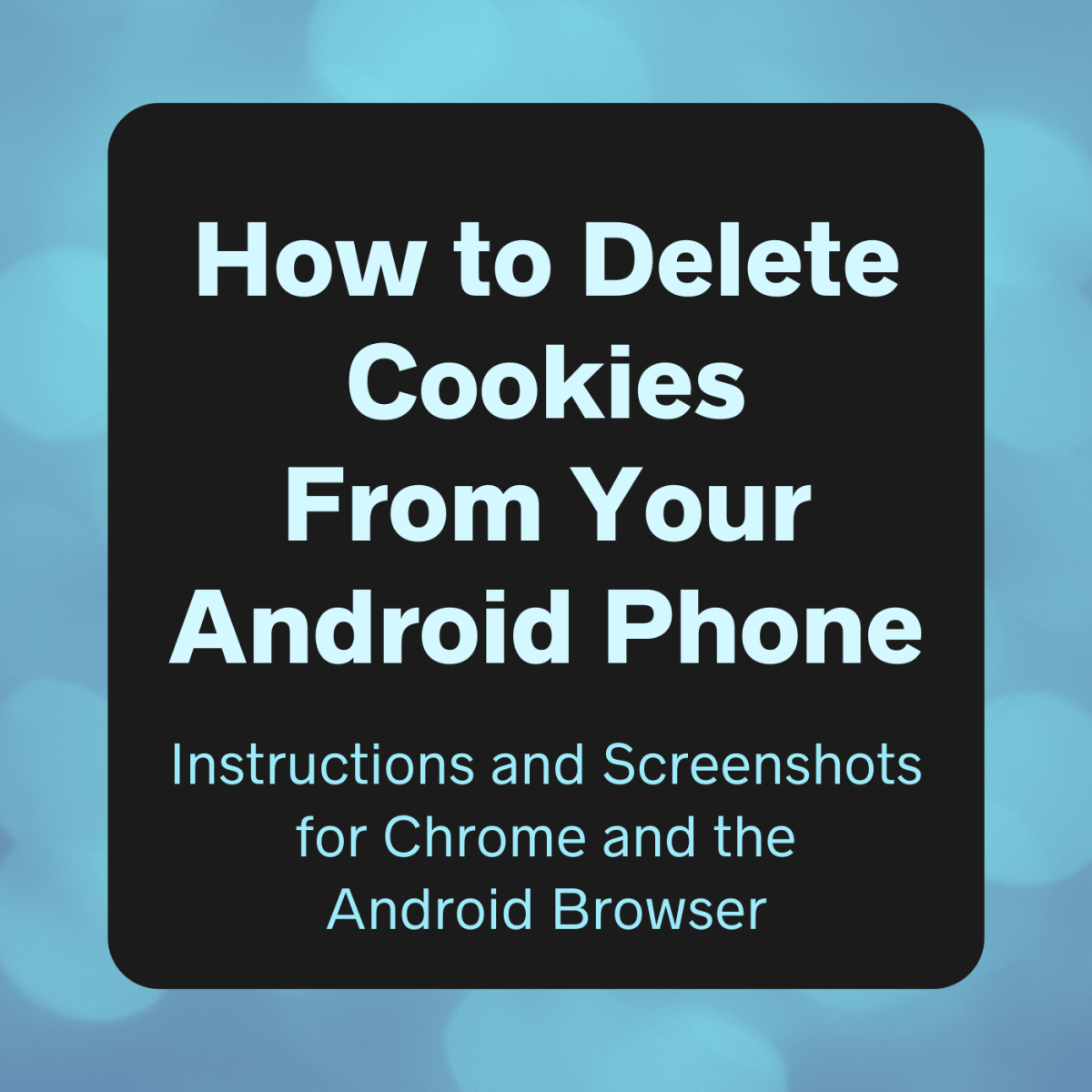Will We Ever Evolve Out of Email?

How white collar work starts with email
Assume you're starting a new job. Picture arriving on your first day. It may not feel like a very busy day, as you will likely just get passed around orientations and meet your new colleagues. If you're lucky, you won't have to face a desktop or laptop on your first day. But if you're not so lucky, your first day at work will be the day you will start answering people through emails - because your boss can't wait to take loads off his own workload and dump a portion off of it to you, the new hire who needs to prove herself.
You're fortunate if on your first day at your new job you won't be granted your own email address yet, but eventually, especially if your workplace lives in the modern era of constant competition, the day will come when you can't get your inbox to read 'zero' in parenthesis.
Eventually, you will be just like everyone else - keeping up with everyone else's demands which just can't possibly arrive at the same time (especially when a workplace operates 24/7). Even if you create this philosophy where you're not caring at all what emails you receive as soon as you get out of the office, there's always that portion of your attention occupied by office-driven paranoia - an email so urgent it was specially sent to you even if they knew you were out; an email that could get you fired if you don't make a decision within the hour of receipt; and so on.
Most of the time, emails don't need to be read or responded to right away. But because modern workers are so used to dealing with deadlines and urgent demands, that feeling of having to answer an email immediately never leaves one's system. It's easy to say that long-term exposure to an email-driven workplace will lead to long-term mental health problems. The science doesn't even need to back this up - it's just too obvious that always keeping tabs on whatever is going on directly relates to stress.
There are many reasons why the human race will perhaps evolve out of an email system. There are already several tools out there that compartmentalize what was ordinarily done using an email interface - be it making to-do lists, inter-team chatting, setting meetings, etc. Eventually, the general interface that email provides which is simply the electronic equivalent of sending a letter to someone, will have to die out because of the more bad it does than good. Unlike physical letters which take a lot more thought and a lot more time in between writing, sending, receiving and reading, emails are by nature both convenient and inconvenient at the same time. Convenient because sending correspondence to someone is just at the tip of your fingertips. Inconvenient for the same reason (for the receiver).
As such, we have to start paying attention to the negative effects email has on the human worker. Is email really working to our advantage more than to our disadvantage? Is email really indispensable?
Does Email Kill Productivity?
There's no actual science to measuring productivity in the office workspace and there's no data saying that living in an email-driven workplace kills productivity. However, we as human beings often succumb to the weakness of 'feeling busy.' Being busy and feeling busy are two different things. And the bad thing about email is that if you have a high dose of exposure to it, you 'feel' busy without actually being busy yourself. Being actually busy is having a series of tasks lined up for at least the entire workday - tasks that if complete, will lead to a desired result.
Emails make you feel busy by bombarding you with interactions and fueling you with information that you always tend to measure as 'valuable' because when it's received on office email, then ipso facto we categorize it as work-related. The sad reality is that these interactions and all this information on the email interface don't always equate to results. Setting a meeting with someone via email usually creates the false impression that you accomplished the meeting itself. Calling out someone through email also creates the false sense that this someone has already accomplished the task you needed him to do.
There are more ways email kills productivity rather than promote it. If you're result-oriented, you almost automatically dedicate a particular time of the day to just read emails, because you know that once you get sucked into that black hole, there's almost no getting out. And from what we know from the astrophysics of black holes - time moves differently when you're sucked near the event horizon. Put simply, you don't realize how long you've been reading and responding to emails until you stop and look at the clock.
Is Email the Best Way to Interact within a Business?
Intercoms or walkie-talkies used to be the only ways to interact in a vast office space. But now where workplaces dedicated to a single company are often scattered in different parts of the country or across continents, email seems to be the only practical channel to interact with co-workers who are physically unreachable.
But even today at some offices where we can see somebody actually present - just because we are so used to using email as a convenient means to interact with somebody, we email the guy who stays in the conference room ten steps away from us as opposed to closing out the concern by talking to the guy. We do this because we want things documented and also because we want to be taken seriously.
But what this also does is add to the recipient's and to your own inbox. Don't forget - when you're sending an email and expect at least a few responses, you're not just clogging someone else's feed, but you're filling up your own as well.
Today, there are alternative modern mediums to interact within the workplace. Be it a chat environment, video calls or sharing screen - these new mediums were created simply because they're simpler and more practical than using the email format.
Is it Too Late For a Culture Change?
Businesses are built for a purpose, and always part of that purpose is to generate profit. Of course, every company has that philosophical backing as to why the company was formed in the first place; but in order to survive and fulfill its purpose, it needs to have a constant stream of revenue.
The email medium comes in when we want to be reachable by more clients. Because emails are so convenient for those who want to avail of our products and services, the email medium is often used by clients to reach out to vendors. The great thing about email is that the prospective client has the full control on when to send the email. The client always ordinarily treats the vendor as its email bitch - replying only when it wants to, and demanding an email response immediately when it says so.
So how can businesses today get out from the culture, if its aim is to survive in these highly competitive times? Maybe it's not too late to go back to phones and voice mails. Maybe it's also not too late to walk in (although this can be costly and time-consuming). But perhaps there must come a time in the near future where companies have a department dedicated on managing emails (this is already happening for those who can afford it). If we can't get out of the email culture, then we will have to dedicate a particular person or department to the task of managing emails. The only drawback to a dedicated email department is confidentiality, which can be compromised the more people are involved. But a minor tweak on the system would be to categorize confidential email managers from the ordinary ones.
Is it Impossible to Accomplish Deep Work While Managing Emails?
There is this very interesting article about a renowned computer programmer who is a professor at a famous university, who deactivated his email address in the mid-90's. The objective of eliminating email in his work life was to accomplish deep work - something often left to the R&D departments of companies who can afford R&D departments.
Today, it is almost impossible for the regular office worker to accomplish deep work. What he needs to do is stash his email somewhere inaccessible so he can focus on the task at hand with as much time and attention he can possibly provide. It's deep work that ultimately rewards companies. Deep work doesn't normally apply to those industries which make money on a transactional real-time basis, but it always applies to those companies who innovate and sell something new to the general public. The management team of the transactional, factory-like industries should also be able to do deep work if they manage to field out emails.
The hard truth is, real innovation only comes through dedicated work. And dedicated work only arises from deep, undistracted work. It's difficult to accomplish something when you constantly have to transition yourself from one task to another. And this is what email does - when a new email arrives and you expect it to be urgent, you read it and deliver yourself away from the work you were in the middle of.
Will Humans Evolve Out of Email?
If humans find a way to create a super consciousness that's able to communicate things between individuals separated by physical space, without the need for additional tools, then you can safely say that humans have fully evolved from emails. Right now, emails are here to stay - and that's just a very unfortunate reality for those who want real work-life balance. As long as emails exist in the workplace, there just can't be true work-life balance. There's just this never-ending pattern of workdays, off-days, burnout, vacation and repeat. Having vacations does not mean work-life balance. Unless you have the luxury of going to work half of the year and the other half to yourself and your family - then probably you're one of the very rare lucky ones who indeed have work-life balance.
But as long as the email environment is in place and keeps churning out notifications and messages, there is no true work-life balance for the modern office worker. We have to start seriously thinking about ways to evolve out of the email-driven workplace and into a phase in history where people are not distracted all the time. A time where we can create more Mozarts and Da Vincis.
© 2019 Greg de la Cruz

